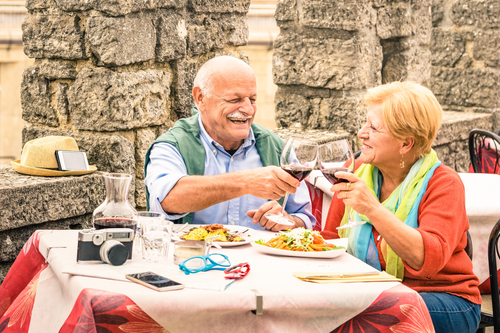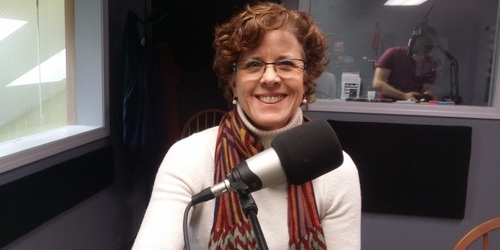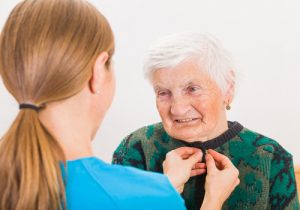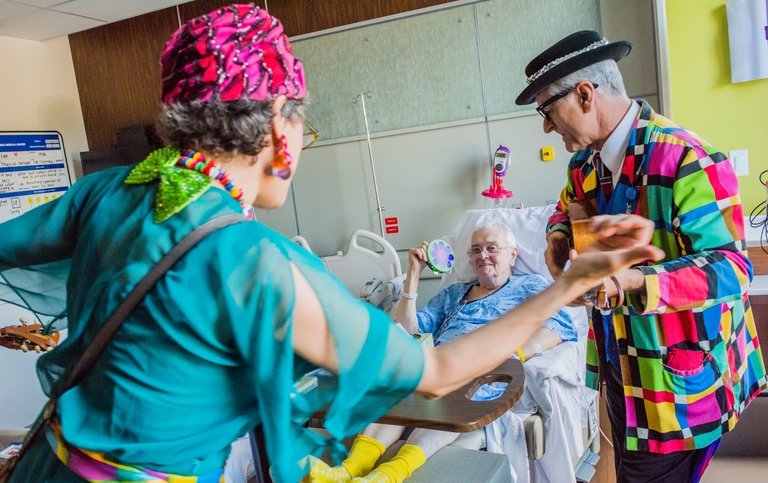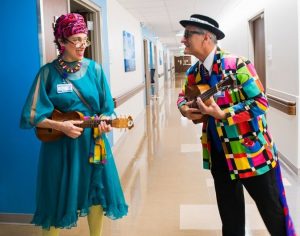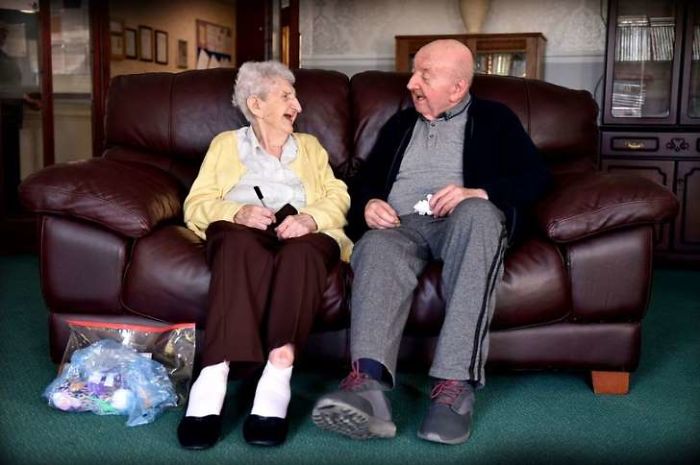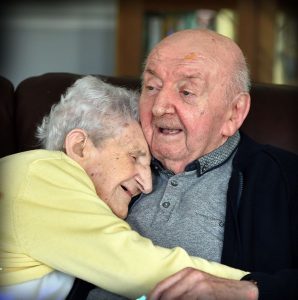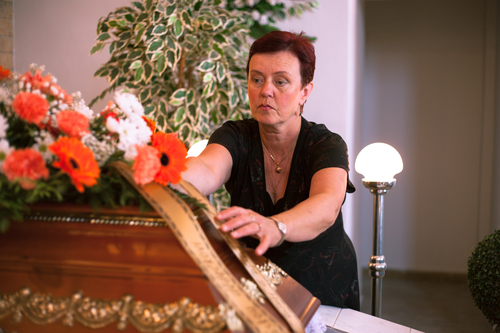
We all want to continue to feel good and healthy as we get older but sometimes it’s hard. Eating well to age well is important but there are so many tips, diets, and trends that it can be overwhelming. We found some simple tips that should be easy to implement.

Eating Well to Age Well
The first has to do with weight loss. It’s been well established that being overweight is bad for your health, but did you know that just losing 5 percent of your body weight will vastly improve your health. By losing 5 percent of your body weight, you will reduce your risk for diabetes and heart disease, and improve metabolic function in liver, fat, and muscle tissue.
Eating less processed meat can greatly improve your health. It’s the level of sodium and chemical preservatives that make them so bad for your health. Processed meats have about 4 times more sodium and 50 percent more preservatives than unprocessed meats.
They use sodium and preservatives to make the meat last longer. This can increase the chances of heart disease by 42 percent and diabetes by 19 percent. Processed meat includes hot dogs, sausages, and deli meat. It’s still safe to have unprocessed meat though.
Speaking of processed foods, you should also try to avoid processed food and drinks. By doing this, it will eliminate the amount of sugar you eat. A basic rule to avoid processed food is if it comes in a package that has to be ripped open, it’s processed. Think chips, fast food, and frozen pizza.
There are exceptions to this rule, some unprocessed food like nuts and eggs are packaged and are good for you. So you can also check the ingredients and if there is only one, then it’s healthy. By cutting out processed food you will be eating more fruits and vegetables. Blueberries have been know to cut down on blood pressure and a lower risk of diabetes. Other dark veggies and fruits that are helpful are cherries, spinach, and kale.
You can read more here.




